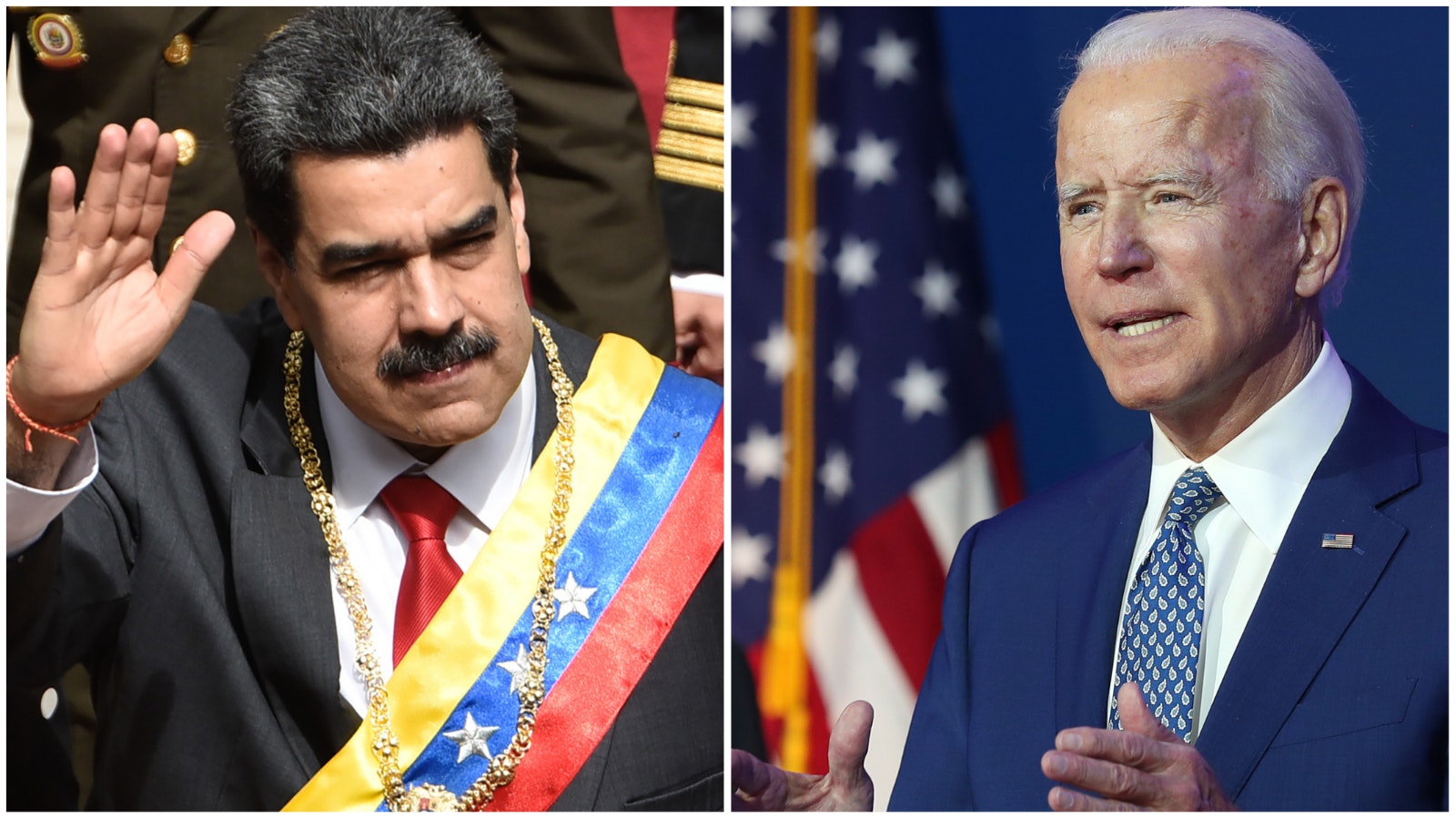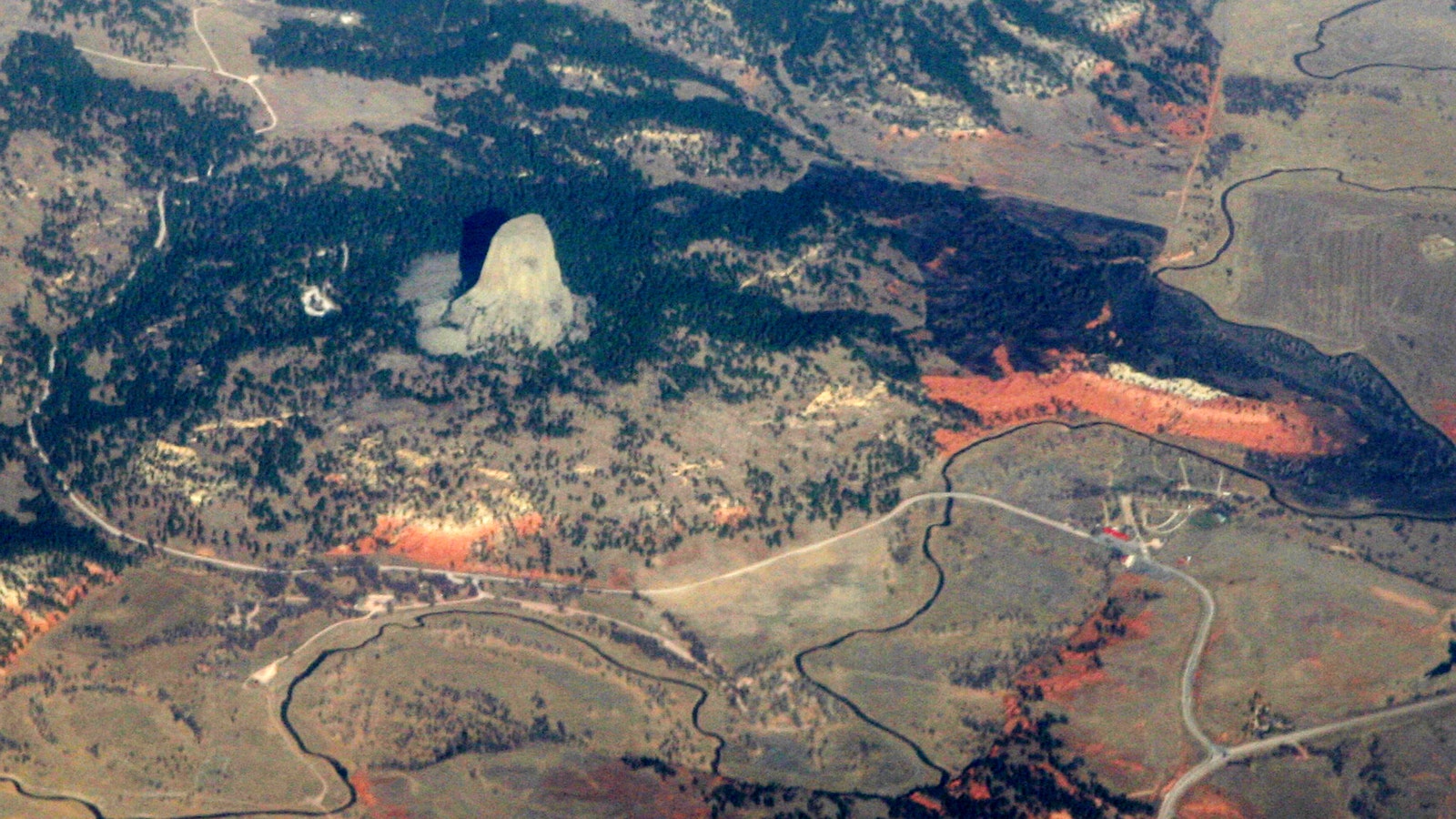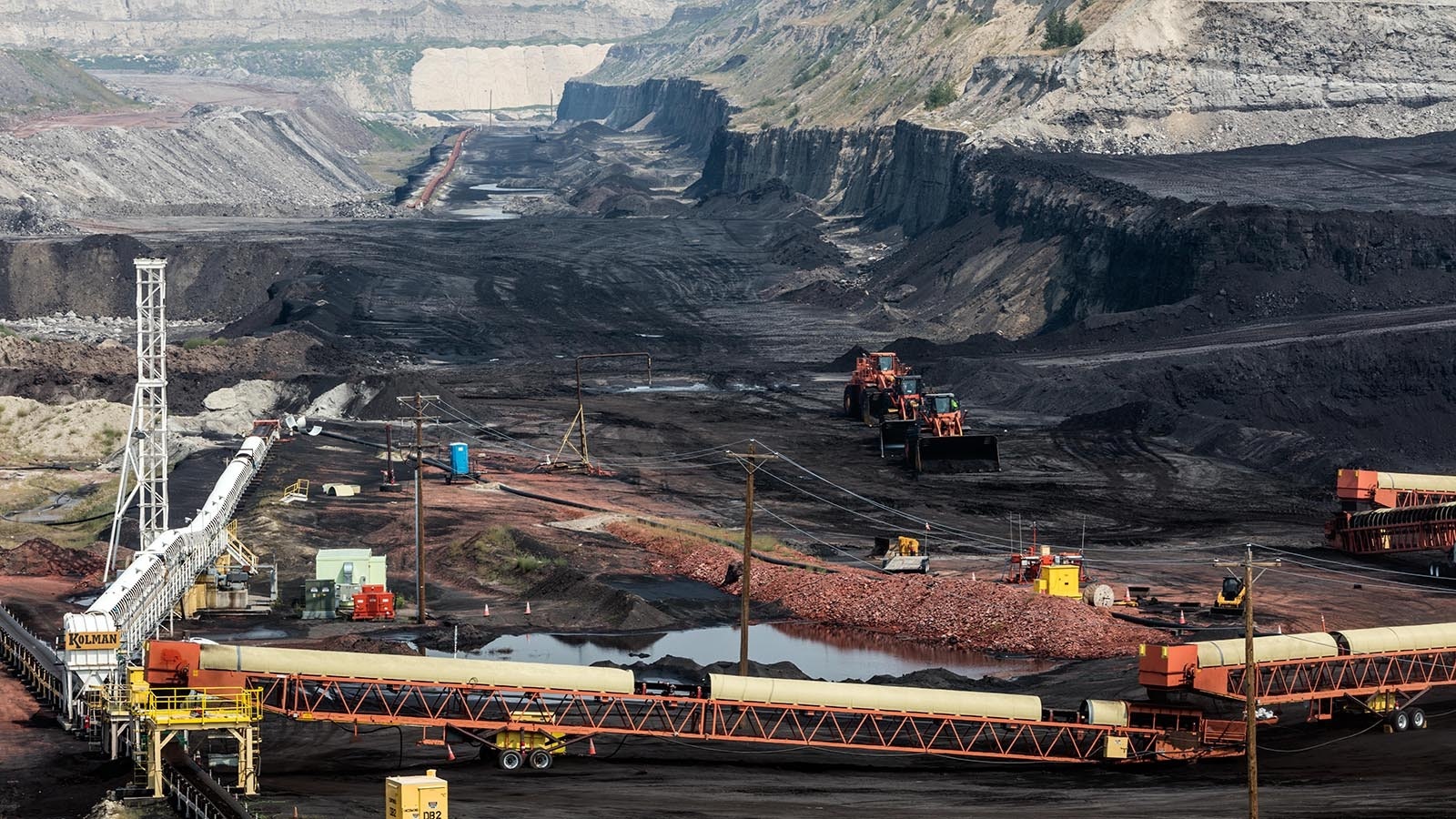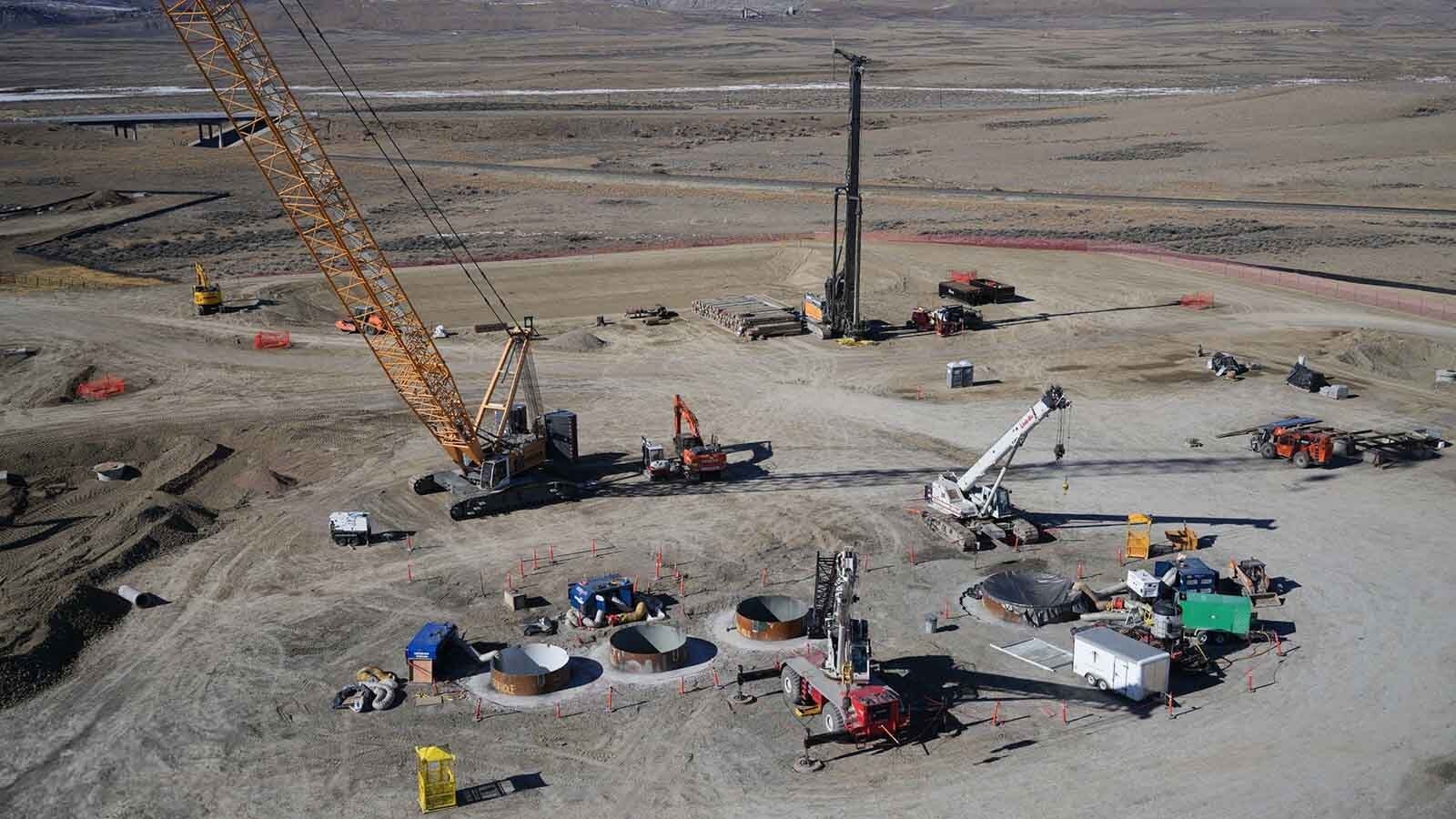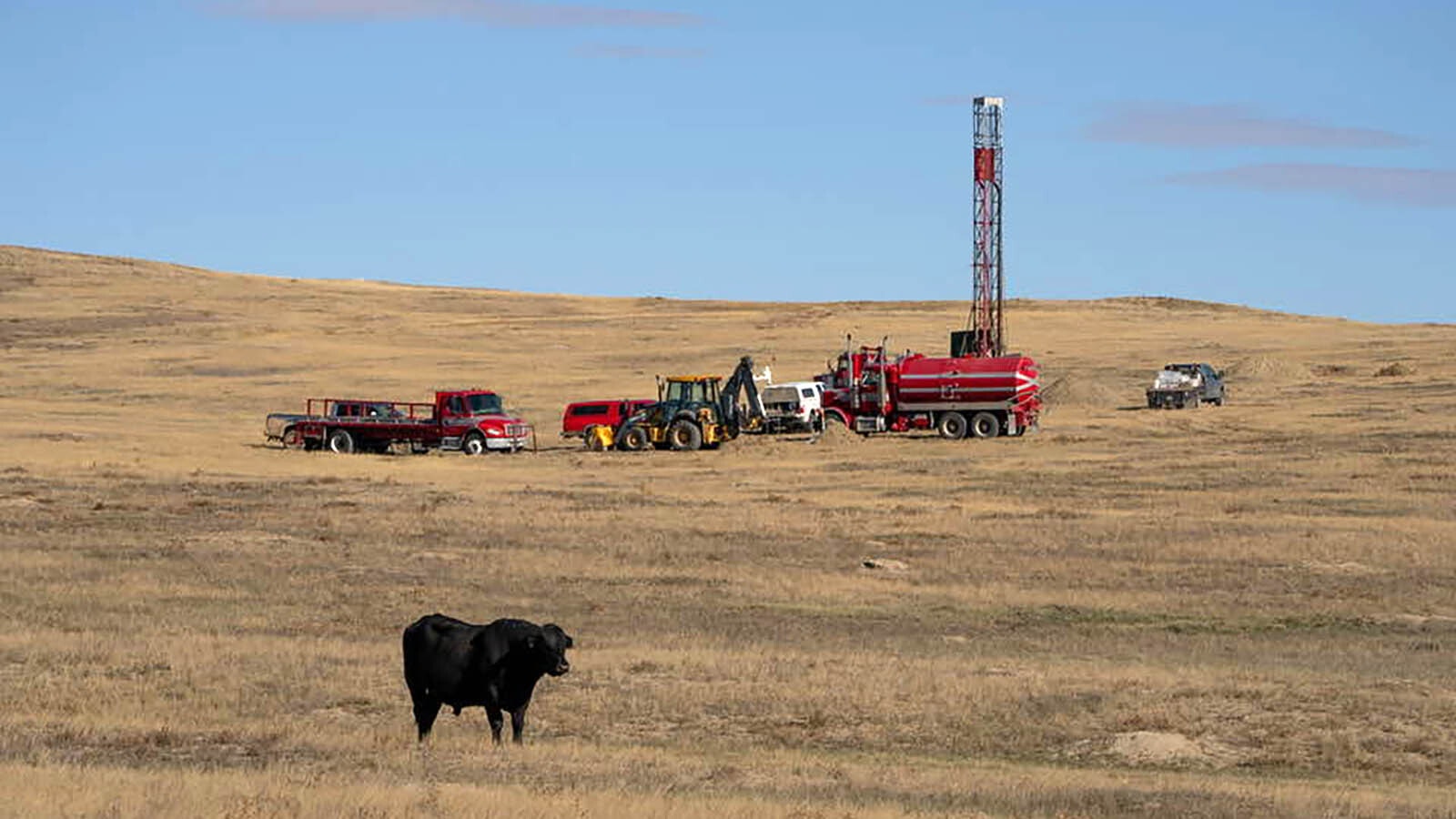The Biden administration on Saturday eased sanctions against the government of oil-rich Venezuela, which will allow the Chevron oil company to increase production in the socialist nation.
The move doesn’t sit well with domestic oil producers.
“This is just another attempt by the administration to do everything they can, other than support American energy workers here in the United States,” said Ryan McConnaughey, spokesperson for the Petroleum Association of Wyoming. “They could very easily expand production and refining capacity here in the U.S. but would rather go hat-in-hand to foreign adversaries in an effort to increase oil supplies.”
More Frustration
The announcement adds more frustration for domestic oil producers in Wyoming and across the country who haven’t received as much federal support as is given to foreign producers.
“In one word, it’s madness,” said Diemer True, a former Wyoming senator who began working in his family’s oil businesses in the late 1960s after graduating from college.
The easing of sanctions against Venezuela follows the administration’s efforts this summer to encourage the government of Saudi Arabia to produce more oil.
“Here we have the potential, proven by the Trump administration, that we can be energy independent, and in two short years Biden has made us once again dependent on OPEC,” True said, referring to the cartel of oil-producing countries that includes Saudi Arabia.
End All U.S. Oil
Biden campaigned with a promise to “end oil” in the United States. Upon taking office, he canceled the Keystone XL pipeline, issued a moratorium on all oil and gas leasing in the Arctic National Wildlife Refuge and revoked Trump administration executive orders that decreased regulations on federal land and expanded the ability to produce energy domestically.
The Russian invasion of Ukraine and subsequent disruptions to global petroleum markets further drove up gasoline and natural gas prices.
Biden remained committed to restricting domestic oil supply, and in the first 19 months of his presidency had issued the fewest leases on public lands for oil and gas development of any president since World War II.
To bring down gasoline prices ahead of the midterm elections, the president issued releases from the nation’s emergency energy stockpile known as the Strategic Petroleum Reserve, which has depleted it to its lowest level since the 1980s.
No Clear Path
The administration’s anti-oil stance also has scared away investment in the industry as investors are hesitant to put a lot of money in a business the president has vowed to eliminate.
“There’s no clear path forward domestically because the Biden administration is doing everything it can to shut the industry down. Nobody wants to make investments in the industry,” True said.
Last summer, Chevron chairman and CEO Mike Wirth pushed back against Biden’s attacks on U.S. energy producers.
In a letter to Biden, Wirth accused the president of vilifying the industry and urged him to foster greater investment in the industry by providing “clarity and consistency on policy matters ranging from leases and permits on federal lands, to the ability to permit and build critical infrastructure, to the proper role of regulation that considers both costs and benefits.”
Black Is White
McConnaughey said the Biden administration’s actions don’t make much sense, even from an environmentalist standpoint.
“The United States has much stricter environmental controls and can produce this energy in a much cleaner and safer manner than places like Venezuela,” he said. “So any argument that the administration is looking out for the environment by reducing production here in the United States, but then going to countries to ask for increased supplies where their environmental standards aren’t as strict as ours, is just nonsense.”
True said that in his decades-long career, he’s never seen an administration as hostile to the oil and gas industry as the current one. He likened Biden’s rhetoric on the environment, while pushing policies that don’t produce good environmental outcomes, to the George Orwell novel “1984.”
“They say black is white and white is black,” True said.
Inching Upward
American oil production is rising, but at a much slower pace than it was before the pandemic, and the barrels per day aren’t seeing the explosive growth the country saw during the shale boom years.
The U.S. Energy Information Administration has downgraded its crude oil production forecasts for 2022 and 2023, though it still expects annual production to be at slight record levels.
True said it’s technologically feasible to produce enough energy to meet demand and to make energy affordable. The only barriers are regulatory.

